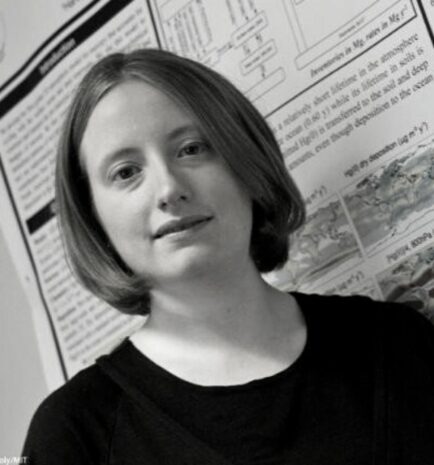Making Science Work for Policy and the Public
with Noelle Selin
We live an era where we need science more than ever to solve our global challenges, from global warming to pandemics. And yet science often feels under attack from multiple directions. How can scientists, the public, and policymakers create lasting relationships of trust and collaboration? This question has occupied our guest, Noelle Selin, Professor in Earth, Atmospheric, and Planetary Sciences at MIT, and director of MIT’s Technology and Policy Program.
Episode Guest
-
![]()
_
Noelle Selin
Professor at Massachusetts Institute of Technology“If you’re sort of starting at the ‘I already have my science and I need to figure out a way for public to accept it,’ you’re starting already too late,” says Selin. Instead, she argues for more transparent and lasting relationships between science and the public. By defining the problems together, being transparent about the scientific process, and engaging diverse stakeholders in affected communities, Selin believes scientists can co-create solutions with greater public trust and buy-in.
In this episode, Selin draws on her own research and advocacy experience around mercury pollution. As an element used by humans for thousands of years, mercury has served essential functions for humans but also had toxic effects on our bodies. Selin traces the various ways mercury circulates in our planetary systems, and the path to successful international regulation of mercury.
